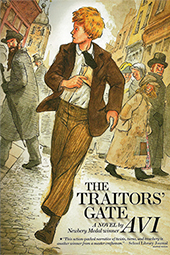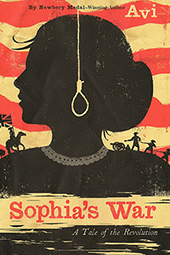“What do you read, my lord?”
“Words, words, words.”
Hamlet
 A 150th anniversary edition of Roget’s Thesaurus has recently been published. Who was Peter Mark Roget? He was an important 19th century English physician, mathematician, inventor of a prototype for the motion-picture film camera, creator of a pocket chessboard, and an expert on bees. But perhaps he also suffered from “monologophobia”—which, I recently learned means an obsessive fear of using the same word twice. Roget—for the first edition of the book—coined the word Thesaurus, apparently taking it from the Greek word for “treasure house.”
A 150th anniversary edition of Roget’s Thesaurus has recently been published. Who was Peter Mark Roget? He was an important 19th century English physician, mathematician, inventor of a prototype for the motion-picture film camera, creator of a pocket chessboard, and an expert on bees. But perhaps he also suffered from “monologophobia”—which, I recently learned means an obsessive fear of using the same word twice. Roget—for the first edition of the book—coined the word Thesaurus, apparently taking it from the Greek word for “treasure house.”
As a writer, I use a dictionary of course. But I also make steady use of a Thesaurus. I have it in book form, the Oxford American Writer’s Thesaurus. I also have it as part of my Microsoft Word program and I have it online as part of The Oxford Unabridged Dictionary. That Oxford Thesaurus is one based on historical principles.
Thus “cheerful,” which first appears (in English) in 1440,
becomes:
“sunny” in 1565,
“encheering” in 1652,
“sonsy” in 1721,
“exhilarative” in 1864, then
“heartening” in 1895.
As someone who writes historical fiction, I think it’s obvious why I use this. When I wrote The Traitor’s Gate, a story set in 19th century England, I secured a reprint of the first edition of Roget’s Thesaurus, to make sure my slang usage was somewhat accurate. I also used a dictionary of American colonial English when I wrote Sophia’s War.
But I use the Thesaurus in other ways. In a book I am currently working on, which is a fairly complex and long adventure tale, my protagonist is, at one point, “shocked.” Here is where old and new technologies join. If I use the word “shocked,” it can be used—by my understanding—only once. Otherwise, it has no implosive power. So, when I used that word I quickly searched my three-hundred-page manuscript (via my computer’s search option) to see if I used it before. I did, once. I, therefore, turn to the Thesaurus to find a different word that has the same meaning, if perhaps with less power.
There is even an online app which, when applied to manuscripts, gives me a document that provides me with a count of my individual word uses. Obviously, I’m not concerned with my use of the word “and,” but it will tell me how repetitiously (and excessively) I use certain adjectives—whatever they may be.
Perhaps I do suffer from a touch of monologophobia. But I like to think my readers will enjoy (as I do) linguistic variety—that is to say, not just a good story but a treasure house of words.

